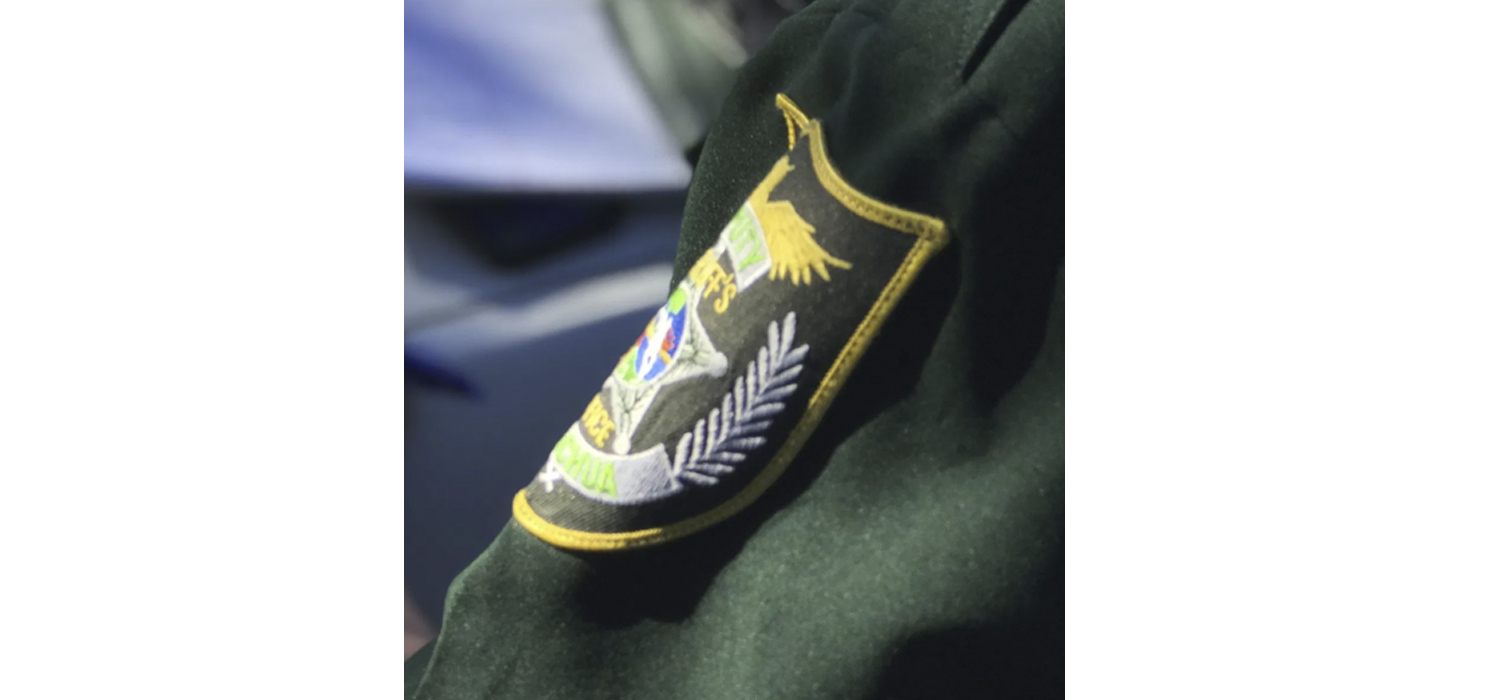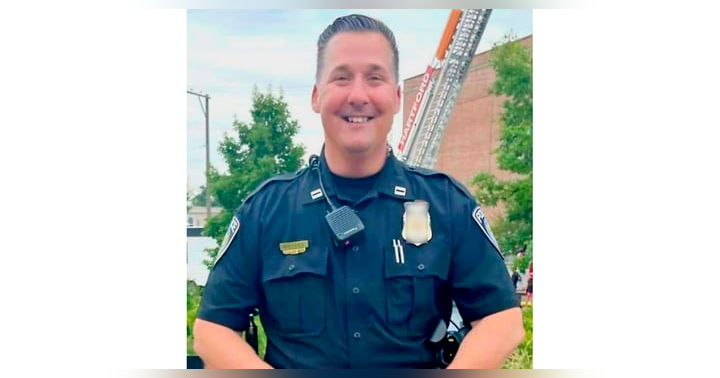Silence Is a Liability: For Law Enforcement

Silence Is a Liability: For Law Enforcement Leaders, You Must Document, Report, and Speak Up. In modern policing, one reality has become impossible to ignore: silence is no longer a form of protection, it is a direct path to liability. When complaints are ignored, documentation is skipped, or supervisors choose to “wait it out,” the outcome is predictable: legal exposure, damaged careers, and a decline in public trust.
Attorney and former deputy sheriff Bridget Truxillo, founder of Lady Law Shield, has dedicated her career to helping officers and agency leaders protect themselves with proactive leadership and legally sound decision-making. Her message is unwavering.
“Silence is not neutral. Every unreported incident, every undocumented concern, becomes a liability for you and your agency.”
This perspective forms the foundation of her work, ensuring officers understand how proper documentation can safeguard careers and agencies from preventable crises.
READ FREE ARTICLE: The Wounded Blue Honored Two Civilians for Heroic Actions
Why Silence Creates Legal Liability in Law Enforcement
Across agencies, silence often masquerades as caution. Officers may avoid reporting issues because they “don’t want drama,” while supervisors stay quiet to “avoid rocking the boat.” But in practice, this silence creates a dangerous domino effect:
Unreported issues → No investigation → No defense when things escalate.
As Truxillo emphasizes:
“HR can’t fix what they don’t know. Documentation isn’t paperwork, it’s protection.”
When harassment, retaliation, false allegations, or unfair discipline arise, the first question any investigator asks is simple: Where is the documentation?
Without it, officers and supervisors are left legally exposed, with little proof they acted appropriately or at all.
The Myth of ‘Staying Quiet Shows Loyalty’
A stubborn myth persists within law enforcement culture: staying silent protects the team. Truxillo argues the opposite.
“Loyalty is taking action. Real loyalty is protecting your people by ensuring issues get handled legally and correctly.”
Instead of preventing conflict, silence delays it, until the consequences become far worse.
Why Reporting Protects Both Officers and Agencies
Reporting is the firewall between a manageable issue and a lawsuit that costs careers and credibility. Just as body armor only works when worn, reporting only works when used.
That means:
Documenting concerns
Escalating problems when necessary
Never assuming someone “already knows”
Refusing to let fear dictate silence
“Silence leaves you and your agency exposed,” Truxillo warns.
LISTEN TO FREE PODCAST: Fatal Police Shooting Caught On A Camera He Bought
Supervisors: The First Line of Legal Defense
Supervisors are uniquely positioned to spot problems before they evolve into crises, whether it's inconsistent discipline, harassment, retaliation, or toxic behavior within a unit. But when supervisors do nothing or wait too long, those decisions become part of the record.
“Supervisors must understand: silence is a leadership decision, and often a legally risky one,” Truxillo explains.
Proper supervisory action isn’t about micromanaging, it’s about protecting people, processes, and the integrity of the agency.
How Documentation Protects Officers During Investigations
In employment disputes, documentation often determines whether an officer wins or loses. Truxillo puts it plainly:
“If it isn’t documented, it didn’t happen.”
Documentation serves two crucial functions:
For Officers
It creates a defensible record when facing retaliation, false allegations, or unjust discipline.
For Supervisors
It demonstrates they acted promptly, followed policy, and escalated issues appropriately.
Truxillo teaches officers three fundamental documentation principles:
Report in two places: both HR and chain of command.
Skip the chain if necessary: especially when the supervisor is the reported problem.
Include comparative evidence: noting who was treated differently, when, and how.
“Correct documentation isn’t just a record, it’s a lifeline.”
READ FREE ARTICLE: Unplug and Disconnect for Success: The Power of Intentional Disconnection
Real Cases That Reveal the Consequences of Silence
Lady Law Shield regularly hears from officers whose careers were jeopardized by silence, poor documentation, or flawed investigative processes. Recent examples include:
Case 1: Forced Out by False Allegations
An officer was hit with a sudden allegation of sexual harassment. Instead of a fair investigation, he was pressured to resign immediately. With no documented process or due diligence, the allegation now shadows his career.
Case 2: Confidential Information Exposed
A Texas officer opted for early retirement after a questionable demotion.
During an ongoing investigation, confidential documents were improperly released, violating policy and potentially state law.
“When due process is ignored, careers are destroyed and trust in leadership collapses,” Truxillo says.
These cases aren’t rare, they represent a widespread breakdown in reporting and documentation culture.
Mental Wellness: The Foundation of Resilient Leadership
Truxillo emphasizes that strong law enforcement leadership requires mental discipline as much as tactical skill. She encourages daily habits designed to strengthen resilience:
Control what you can: attitude, integrity, effort
Reflect daily: through journaling or intentional thinking
Challenge your brain: with books, puzzles, podcasts, or new skills
“Mental strength is a practice. Just like tactical or physical skills, it must be trained.”
LISTEN TO FREE PODCAST: Detective Shot Multiple Times by a Criminal: Amazing Story
Leadership Shapes Agency Culture, Not Policy Manuals
Agencies don’t typically face lawsuits because of one incident. Instead, lawsuits arise when:
Complaints go unanswered
Retaliation is allowed to continue
Whistleblowers are dismissed
Supervisors avoid conflict
“As a leader, you are either a shield or a liability,” Truxillo says. “The culture is shaped by what you allow, and what you ignore.”
When leaders speak up, document, and act early, they create healthier, more accountable organizations.
Conclusion: Silence Isn’t Neutral, It’s a Liability
Today’s law enforcement professionals must understand a simple truth:
Silence increases legal risk. Documentation reduces it. Reporting prevents disaster.
Every time a leader chooses transparency, accurate reporting, and early action, they strengthen:
trust
accountability
agency credibility
officer safety
“Leadership isn’t about being perfect,” Truxillo concludes. “It’s about stepping up when it’s uncomfortable. That’s how you build a culture where people feel safe, respected, and supported.”
For more resources or to connect with Lady Law Shield, visit www.ladylawshield.com




















